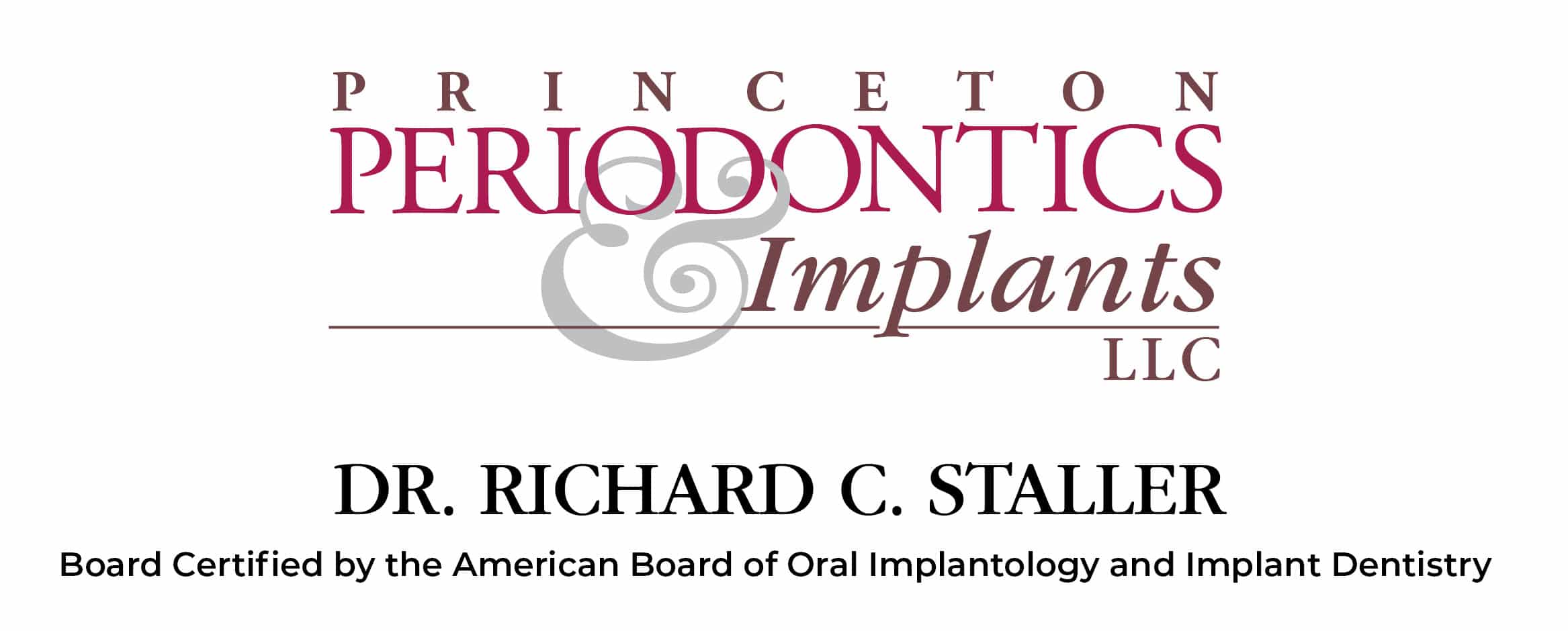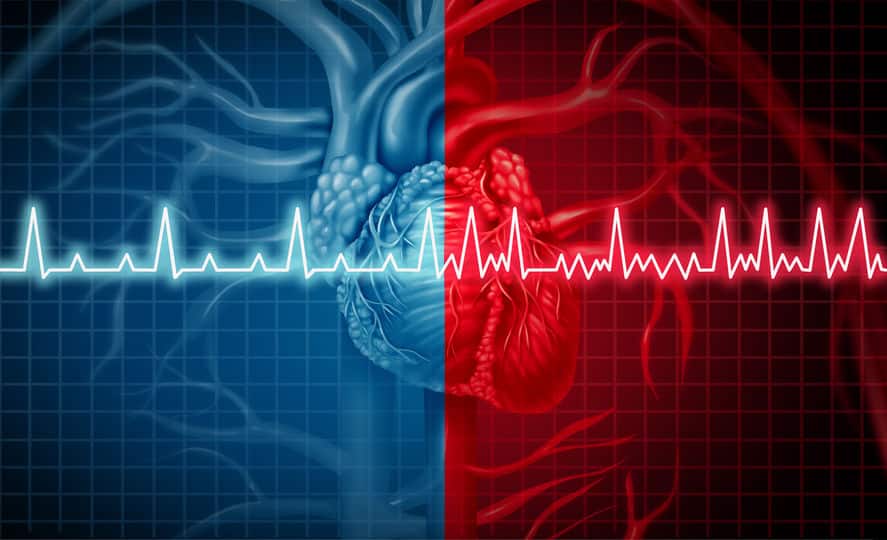Every 37 seconds, someone in the United States dies from heart disease, according to the Centers for Disease Control and Prevention (CDC). It’s the leading cause of death for both women and men and across most racial and ethnic groups in the US.
High blood pressure, high cholesterol, and smoking are key risk factors for heart disease. At the moment, nearly half of American adults have at least one of them, according to the CDC. And there’s still more to be concerned about because being overweight, having diabetes, eating too many processed foods, drinking too much, and not exercising also increases the risk.
Recently, yet another risk factor has emerged: poor oral health. More specifically, gum disease (also known as periodontal disease), which nearly half of American adults, and 70% of adults 65 and older, have, many without knowing it.
Since February is American Heart Month, I thought I’d take a closer look at how what goes on in our mouths could possibly affect our heart health.
A possible common thread starts to emerge
While lots of studies have shown that people who have gum disease or who have experienced tooth loss have higher rates of heart problems, including heart attacks and strokes, none to date have been able to explain why.
Initially, it was believed that the bacteria that infect the gums and cause gum disease also travel to blood vessels elsewhere in the body, where they cause damage. Supporting this idea, remnants of oral bacteria have been found in atherosclerotic blood vessels far from the mouth. However, if this was the only explanation, antibiotic treatment would reduce the risk of heart disease, and it doesn’t.
Lately, researchers have shifted their attention to the body’s immune response to the presence of that bacteria: inflammation, which could trigger an avalanche of vascular damage throughout the body that encompasses the heart and brain. Some studies have shown that the bacteria that cause gum disease can move into the bloodstream and cause an elevation of a certain protein that serves as a marker for inflammation in the blood vessels.
Inflammation has also generated more interest because it’s become evident that poor oral health and overall health is not limited to heart disease. In recent years, gum disease has also been linked to diabetes and certain kinds of cancer, as well as Alzheimer’s disease. The common thread in every case: inflammation.
We’re still, however, in the early days of understanding what’s going on here. At this point, there’s research that supports and refutes a possible link between gum disease and heart disease. It may turn out to be a coincidence, and the reason they occur is that there’s a third factor, like smoking or poor access to health care, that’s a risk factor for both conditions.
This much we do know: Maintaining good oral hygiene, which includes treating gum disease at its onset, can help you keep your teeth—and spare you from the cost of more complex treatments.
What to tell your dentist if you have heart disease
If you have heart disease, it’s important that you give your dentist or dental specialist a complete medical history, along with a list of the names and dosages of all the drugs you’re taking, prescription and over-the-counter, for your condition. (If you’re newly diagnosed, be sure to update your dentist or specialist’s records.) Both will likely influence your treatment.
Some conditions have potential side effects that can wreak havoc on your oral health. They may also necessitate precautions be taken prior to oral surgery. Here are a couple of the most common examples:
- High blood pressure
Calcium channel blockers may cause gum tissue to swell and overgrow, which could lead to problems with chewing. In extreme cases, a procedure called a gingivectomy may be needed to remove the excess tissue. More likely, your dentist will simply ask you to come in more frequently for cleanings and monitoring. - Angina
Those with stable angina can generally undergo dental procedures without any fear of complications. If, however, you have accelerating or unstable angina, you’ll need to be evaluated by your cardiologist before considering treatment. In an emergency, the dental procedure should be performed in a hospital, where cardiac monitoring equipment is available. - Heart attack
Wait at least six months after a heart attack before undergoing any type of oral surgery. You don’t need to wait to have a dental cleaning. Just check with your dentist beforehand to ensure that oxygen and nitroglycerin are available in the event of a medical emergency. - Endocarditis
Traditionally, anyone who was told they’re at risk for developing endocarditis, an infection of the inner lining of the heart, was advised to take preventative antibiotics before having dental work. But the American Heart Association recently revised those guidelines. Now, only those who are at the highest risk should take antibiotics before certain dental procedures. Prior to valve surgery, your cardiologist will likely encourage you to first resolve any oral health issues, including gum disease, because the bacteria can cause endocarditis.
The takeaway: Sticking to an oral hygiene regimen that includes brushing and flossing at least twice a day and seeing your dentist every six months isn’t going to prevent you from developing heart disease. But it does look like it could significantly reduce your risk by preventing the ramifications of some known risk factors, like smoking, alcohol abuse, and diabetes, from escalating unchecked.
If it’s been a while since you’ve seen a dentist and you’ve noticed that your gums are regularly tender, swollen, or bleeding, schedule a consultation with me. I’ll do a Comprehensive Periodontal Evaluation and, together, we can plot your next steps.

